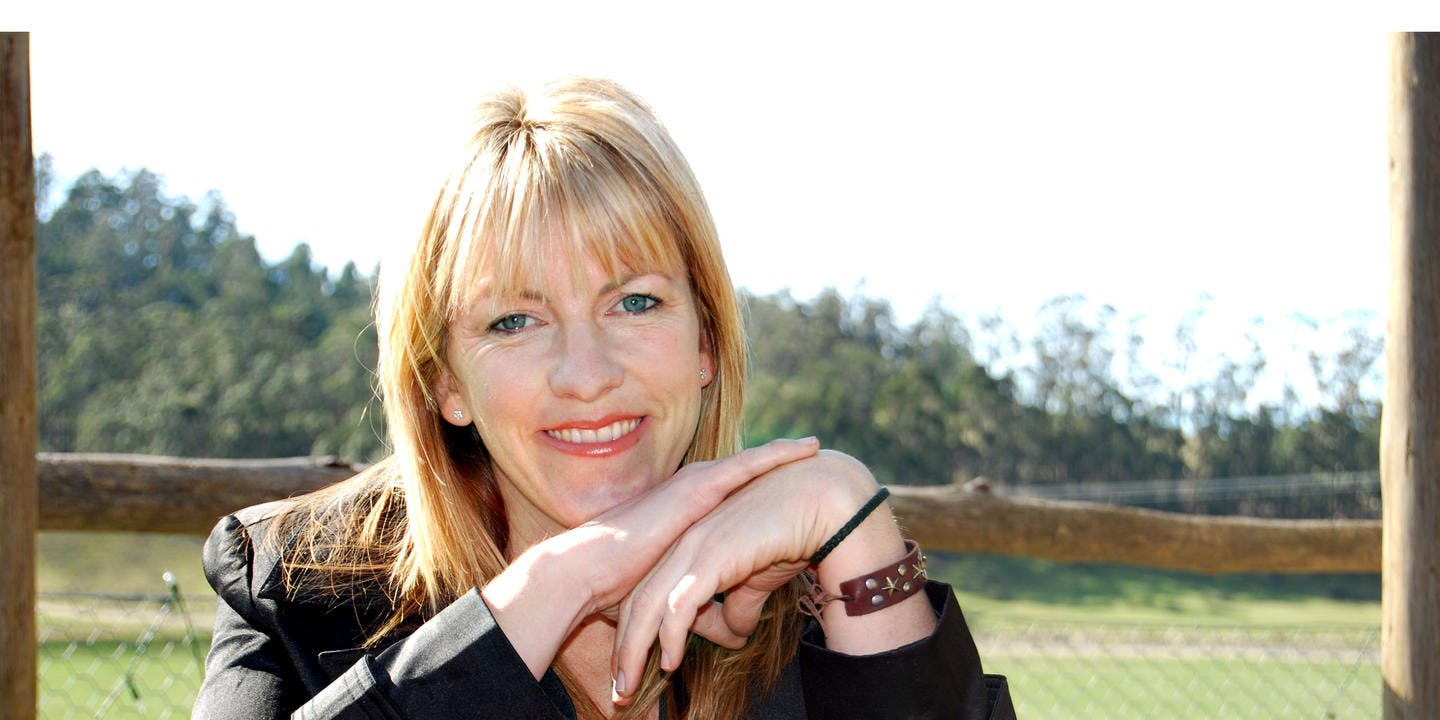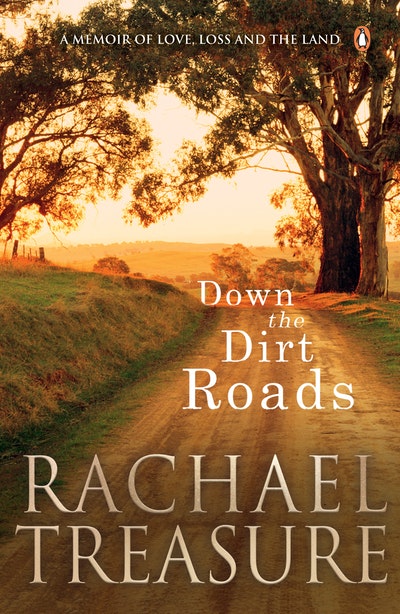The Down the Dirt Roads author expresses gratitude and awe for our world.
What compelled you to write Down the Dirt Roads?
I have had a lifelong deep love of agriculture, but I was falling out of love with that industry because I could see it was being swamped by corporations, and herbicide- and pesticide-driven systems. All around me I could see land degradation and environmental devastation. It wasn’t until I lost my family farm through my divorce that I dug deeper into myself to discover the real reason society and the planet is so sick. Our food systems are failing because we’ve lost our deep connection to soils, seed and Mother Nature. I wanted to explore this idea and see where it led me.
You reveal much of yourself in the book. Did you have apprehensions about what to include and exclude?
‘Kindness always’ is a constant mantra for me, and my big apprehension was hurting anyone in my past and casting them in a negative light. I’ve left most of the really painful, private events out of the book. They aren’t constructive to share. The important thing is how I learned to overcome adversity and to move on through challenging times. I needed to ask myself how I could grow from my experience and attract a better way of seeing myself, and create a more loving, balanced life for my family.
Tell us about the seven-point compass, and how it’s influenced your life and outlook.
I discovered a Native American quote when I was researching a novel, which said that white man only operates on the four-point compass of North, South, East, West, whereas native cultures also include in theirs Above, Below and Within. This notion really spoke to me. I felt truly connected in all these ways when I was on the farm, in the paddock, in the bush, on my horse, in the river. The seven-point compass allows us to walk through life knowing that we are part of the big cycle of Mother Earth. I explore this idea in the book and suggest ways in which others can start to think about these broader connections in their own environments too.
What would you like the future of farming to look like?
I’m so excited by the potential of using both technology and the ancient wisdoms to create a whole new future for humans, and all species, in ecological, regenerative food production. The old masculinized, corporate systems of agriculture are crumbling, thanks to communication via the Internet and community stands over pesticides, herbicides, mining, non-renewable energy, and so on. There’s information-sharing like never before and a grass-roots uprising amidst the global family farming community is well on its way. It’s awesome. Having walked the rugged road I’ve walked these past few years, I know heaven can be created here on earth. It’s a matter of finding it within our own selves and practising gratitude and awe for our planet.
You write: ‘Creating a vibrant new life in agriculture starts in our mindsets.’ How do you think each of us can help make a positive difference to future land use?
We hold the power over the corporations. If every one of us suddenly stopped buying from giant companies that put profit ahead of environment and human health, it would be one of the largest uprisings and revolutions in history. That idea may upset a few traditional farmers but it sure would force change for the greater good. I would never deliberately spray my children’s food with chemicals, or diminish the food’s nutritional value by not nurturing the soil that grew it naturally. Each of us needs to wake up, to see landscape with fresh eyes and to realise that the land we see around us – mono-cropped, over-grazed or smothered with shopping and housing estates – is not normal. This is not healthy. We can refuse to be ‘consumers’ and return to being citizens by supporting local growers.
What does the word community mean to you?
Community is not driven by money. It is driven by love and a shared goal of those seeking a good, rich, warm life. It’s inclusive and takes in Mother Nature’s needs as well as our own (sometimes greedy) human needs. Community is about sowing seeds for food and love, not profit and power.
How has moving off the farm affected your outlook?
I grieve for that place every single day. Not the house I left behind, but the life I had amidst nature and the animals there. It has made me realise what a privilege it was to be raised so closely to the land as it’s been the making of me. It’s been my church and helped me avoid being caught up in a consumer society. My children and I will be on a farm again one day soon and we will farm it with love and establish a rich life that gifts food and wisdom to others. Farms need feminine energy. Otherwise farms will never truly thrive.
If there could be one message you’d like readers to take away from Down the Dirt Roads, what is it?
Together we can literally create heaven here on earth. It is possible.
What are your greatest hopes for your children’s generation?
That they will use Internet technology for good, and spread a more balanced message to humanity so that everyone will come to see Mother Nature and soil as the very foundation of life, things we need to worship and honour. Food is the foundation of everything so I hope my kids’ generation will see that ecological farming is a vocation that delivers riches beyond measure and is the highest career calling a person can have.













